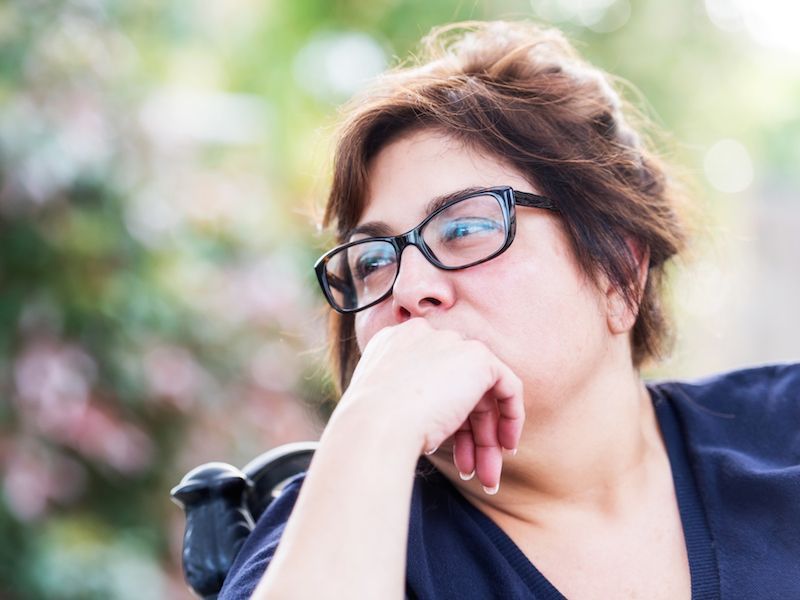Diabetes & Other Health Conditions That Can Cause Hearing Loss

Studies show that people with diabetes are twice as likely to suffer from hearing loss, according to the American Diabetes Association. That might surprise those of you who automatically associate hearing loss with aging or noise trauma. In 2010, 1.9 million people were diagnosed with diabetes and close to 500,000 of them were under the age of 44. Evidence shows that 250,000 of those younger people with the disease likely suffer from some form on hearing loss.
The point is that diabetes is just one in many diseases that can cost a person their hearing. Aging is a significant factor both in illness and hearing loss but what is the connection between these disorders and ear health? Consider some diseases that can lead to hearing loss.
Diabetes
It is unclear why people with diabetes have a higher incidence of hearing loss or even if diabetes is related to hearing loss, but the clinical evidence does point in that direction. People with prediabetes, a condition that indicates they may develop type 2 diabetes, tend to lose their hearing 30 percent faster than those with normal blood sugar levels.
While researchers don’t have a definitive answer as to why this happens, there are some theories. It is possible that high glucose levels might cause damage to the blood vessels that feed the inner ear. Diabetes is known to affect circulation, so that is a reasonable assumption.
Meningitis
Hearing loss is a symptom of this infectious disease. Meningitis by definition is inflammation of the membranes that cover the spinal cord and brain, usually due to infection. Studies show that 30 percent of people who develop this condition will also lose their hearing, either in part or in full. This infection is the second most common cause of hearing loss among American young people.
Meningitis has the potential to damage the delicate nerves that allow the inner ear to send signals to the brain. Without these signals, the brain has no way of interpreting sound.
Cardiovascular Disease
Cardiovascular disease is an umbrella term that covers conditions that affect the heart or blood vessels. Some common diseases in this category include:
-
High blood pressure
-
Atherosclerosis
-
Heart attack
-
Heart failure
-
Peripheral artery disease
-
Stroke
Typically, cardiovascular diseases tend to be linked to age-related hearing loss. The inner ear is susceptible to damage. When there is a change in blood flow, it may not get the oxygen and nutrients it needs to thrive, and damage to the inner ear then leads to hearing loss.
Chronic Kidney Disease
A 2012 study published in The Laryngoscope found that people with this condition also had an increased risk of hearing loss. A seperate study found that chance to be as high as 43 percent. It is possible that this connection is a coincidence, though. Kidney disease and other conditions associated with high blood pressure or diabetes have many of the same risk factors.
Another theory is that the toxins that build up in the blood as a result of the kidney failure might be to blame. These toxins could damage the nerves in the inner ear, closing the connection it has with the brain.
Dementia
The connection between hearing loss and dementia is a two-way street. There is the indication that cognitive impairment increases a person’s risk of developing conditions such as Alzheimer’s disease. Dementia occurs due to brain atrophy and shrinkage. Difficulty hearing can accelerate that process.
The flip side of the coin is true, as well. A person who develops dementia even though there is normal hearing will show a decline in their hearing as damage to the brain increases.
Mumps
Mumps is a viral infection that can cause children to lose their hearing early in life. The reduction in hearing might be only on one side or it might affect both ears. The reason this happens is the virus damages the cochlea in the inner ear. It’s the part of the ear that sends messages to the brain. The good news is mumps is pretty rare these days due to vaccinations. Not everyone who has the mumps will experience hearing loss.
Chronic Ear Infections
For most people, the occasional ear infection is not much of a risk as treatment clears it up. For some, though, infection after infection takes a toll on the tiny pieces that are necessary for hearing such as the eardrum or the small bones in the middle ear. This form of hearing loss is called conductive, and it means that sound cannot reach the inner ear with enough force, so no messages are sent to the brain. Infections can also lead to a sensorineural hearing loss, which means nerve damage.
Prevention is the key to avoiding many of the diseases that can cost you your hearing. A healthy diet, plenty of exercise and regular sleep habits will go a long way to protecting your ear health throughout your life.


